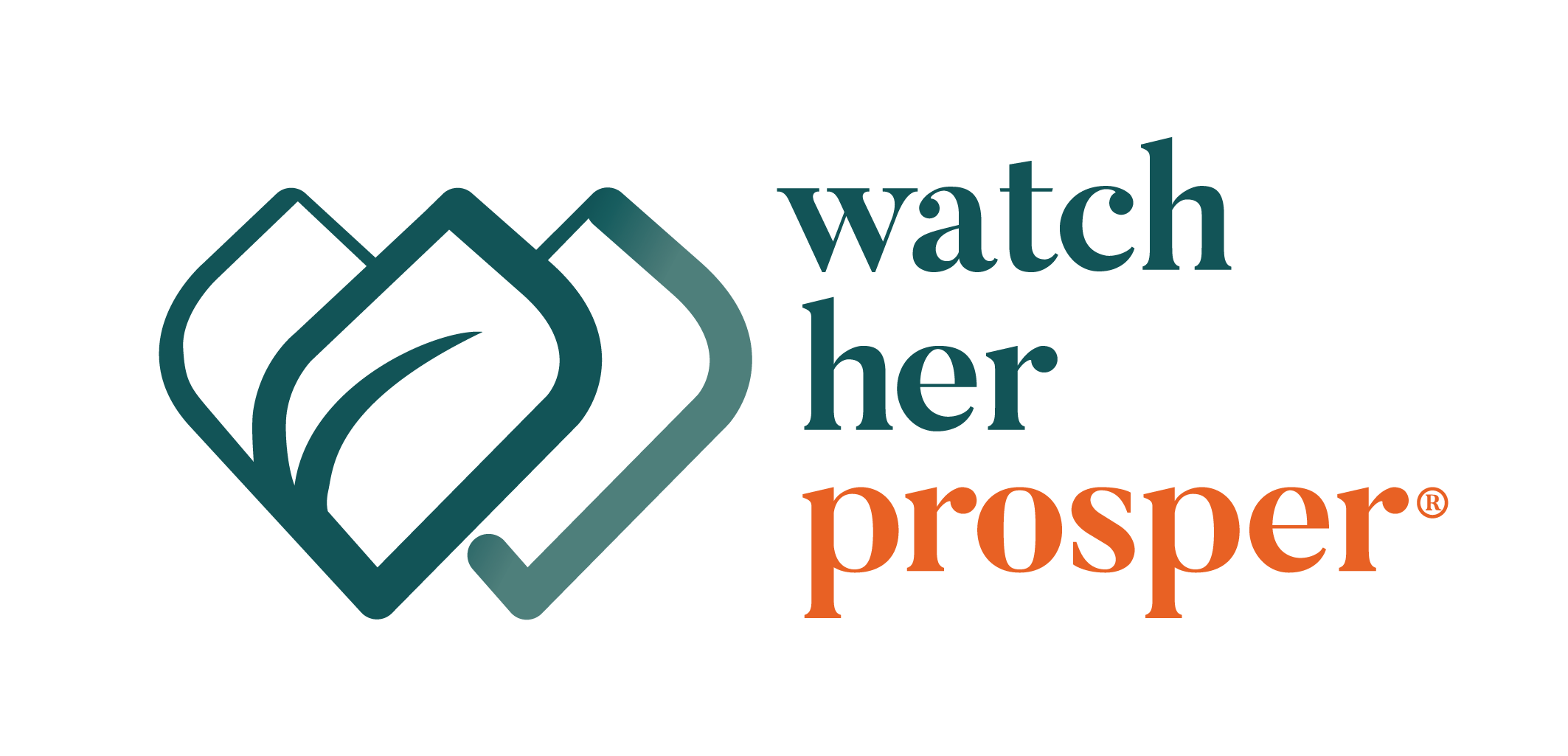How can I budget on an inconsistent income?
Q: Dear Ruchi, I really love being self-employed and freelancing has given me a brand new outlook on my career. Though I am happy, the financial aspect can be tricky. From month to month my income can vary by a lot and sometimes I worry that the inconsistency will put me in a scary place. How should I be planning for the future, saving for emergencies, etc. when I’m not always sure what my bank account will look like each month?
A: As a business owner, I've been here too! When you’re self-employed, you may have good months and not-so-good months. A successful month might be followed by one where two of your major clients have no work for you. It can be stressful but when you have an organized and clear plan in place things will start to become easily systemized and predictable. It sounds like it’s time for you to create a tangible budget!
Before we begin, don't let the word “budget” scare you. Think of it as your friend. A budget is here to guide you and keep you on track while remaining aware of spending habits. The goal here is to avoid going into debt and dedicating funds to your future prosperity.
One way to budget is the 50/20/30 rule. This means that 50% of your average net income will go toward fixed costs, 20% toward financial goals, and 30% toward flexible spending (remember to save for taxes separately). Now let’s break that down…
Fixed Costs
50% of your income: rent/mortgage, gas, groceries, personal care
Keep in mind that if you live in a city that has a higher cost of living, your housing budget may be a large expense. If it is more than 30% of your income, be sure to make adjustments in your budget to accommodate that. When it comes to other bills such as gas and groceries, you can estimate your approximate spending given the reality of price fluctuations each month. With personal care and medical costs, you should factor in any monthly prescriptions or routine health needs. However, if you get sick, anything you would spend on medications, hospital visits, and doctor's fees should come out of your emergency fund instead.
Financial Goals
20% of your income: paying down debt, adding to your emergency fund, contributing towards your savings and retirement accounts
Ideally, your emergency fund should contain 6-12 months of expenses, this takes time to build so be patient. This account will be useful for any unforeseen expenses or during major income fluctuation months. For future retirement planning, speak with your tax accountant about options specific to your circumstances!
Flexible Spending
30% of your income: entertainment, dining, hobbies, shopping, etc.
Budgeting can still include room for fun! While you may have less to spend in the financial goals and flexible spending categories some months, you’ll be better equipped to stay on top of your finances when you keep track of your expenses via the 50/20/30 rule.
If you need any help along this journey, please don’t hesitate to reach out to us for guidance!
Here’s to your prosperity!
-Ruchi

